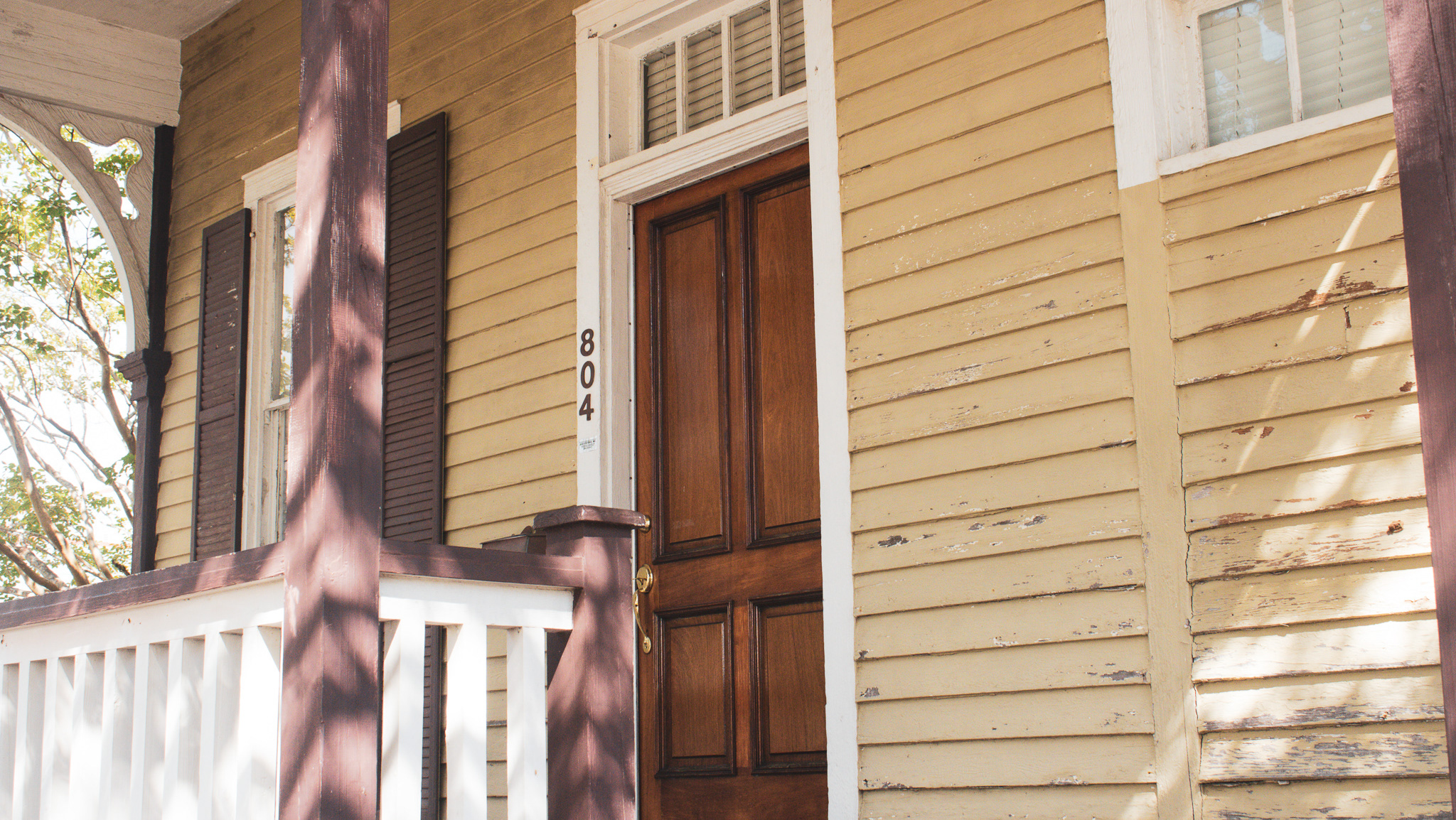Think Small Not Big: Fighting Homelessness
“It’s not just the big things but the little things as well,” says Henry Demers, the passion in his voice echoes over the phone. Day after day, Mr. Demers meets homeless after homeless at Harmony Home ministry. Mr. Demers is the founder of Harmony Home ministries in Manchester, New Hampshire—A city where homelessness is common.
Located on the corner of Union St. and Cedar, Harmony Home has been working to relieve the homeless population throughout Manchester. Harmony Home is a refuge for the homeless by providing access to showers, laundry facilities, food, and clothes. For the past five years, this ministry has worked to touch the lives of those that are often forgotten and ignored.
In America, there are over 500,000 living on the streets. In New Hampshire alone, there are over 1,400 homeless men, women, and children. Government programs have been implemented to decrease the homeless population. However, this has failed in places such as Washington D.C. According to the National Alliance to End Homelessness, since two thousand seven, 14 states including Washington D.C. have reported an increase in the homeless population. Government programs have had some influence on the homeless epidemic, as 36 states reported a decrease in the homeless population according to the National Alliance to End Homelessness.
Though they have had some influence, government programs tend to only focus on the homeless population as a whole by providing housing and shelters. Though this is helpful, it is not ideal. What happens when a place to stay for the night is not enough? What happens when they need the mental and emotional support to take the next step in restarting their lives?
According to Kevin C. Corinth, writer for the American Enterprise Institute, government run programs are not as effective if the person can’t overcome their mental illness or substance abuse disorder. He writes, in an article entitled “Improving our Federal Response to Homelessness” that “it is a failure then when, despite the billions of dollars spent by the federal government alone for programs tens of thousands of people with severe mental illness and chronic substance problems live on the street.” So, what is the solution? How can homelessness be prevented? Harmony Home’s approach may be the answer—focus on the individual, rather than the whole.
Harmony Home focuses on the homeless as individuals. Whenever possible, they spare no expense for the homeless that come through their doors. Demers and other volunteers work tirelessly to make sure that they meet the needs of the homeless in their area, whether through their own provisions or with the help of the community. “If there is a need that I personally can’t meet, I’ll go on my Facebook and bring it before people and see if there is anyone who can help,” notes Demers. More often than not, posting on Facebook covers the need as strangers and friends step in to help. Harmony Home has helped many homeless by using Facebook. People donate a range of supplies from clothes to a down payment and first month’s rent on an apartment. When a need can’t be met by a volunteer at Harmony Home, people in the community are there to help.
As well as providing physical needs, Harmony Home also provides mental and emotional support. Many homeless that have walked into Harmony Home have received counseling and rehabilitation. Harmony Home seeks to give the emotional support necessary for taking the next step. “Sometimes, people think it’s because of the addiction that they’re homeless. But really, it’s a life altering change that made them homeless, and the addiction is their way of coping,” remarks Demers.
Harmony Home itself is not a rehab facility. However, they do connect those that need rehab with other organizations that can help them. Through Harmony Home, many have been sent to rehab facilities all over the country as far as Texas and California. Many begin rehab “looking like death” when Demers sends them off. Each candidate leaves searching for a fresh start and—more often than not—returns recovered and ready to take the next step in his or her life. Even when those who have recovered fall back into old habits, they know that they can walk into Harmony Home ministry and seek help.
Richard Bernier, a homeless man, who found recovery because of Harmony Home writes of his testimony: “Before Harmony Home last year I would rob from you, steal from you, hurt you. Today I walk into Harmony Home a year later and now I would love you and encourage you. Now I actually care about you.” Richard’s life was dramatically changed because of the love that volunteers at Harmony Home poured into him.
Government programs more often than not can only focus on the big picture. Unfortunately, the national government can’t build relationships with the homeless in each town. Ministries like Harmony Home focus on transforming the individual. Where a government funded program fails, local ministries thrive. They work to build those relationships that help get the homeless a fresh start. Demers notes what it is like to see so many people recovered because of the investment in their emotional and physical well-being. “The most rewarding part is seeing those people that do change, and the families restored from it. To know the mothers will sleep better at night, and giving kids their dad back.”








